QNX Showcases High-Speed Infotainment System

The folks from QNX demonstrated the power of their software platform at 2014’s Telematics Update Detroit. The Canada-based computer company showed off a reference platform with super-fast booting capabilities.
They simulated a vehicle’s infotainment system with a handful of components including a display screen, some cables and an exposed circuit board. From a cold boot they could have a vehicle’s backup camera up and running in just two seconds.
Booting the entire systems took only slightly longer. That “[happens] very quickly by the way, under 10 seconds” said Dan Baergen, field application engineer for QNX Software Systems, Inc.
Of course those times listed above come with a bunch of caveats. Obviously other hardware configurations will perform differently; your mileage will vary.
Additionally the display QNX was showing had a super-set of available technologies, things like multiple navigation systems, something an automaker probably wouldn’t include in a vehicle. Why would you need five different mapping applications? Right, you don’t.
Obviously the infotainment space is a pretty crowded with companies like Microsoft, Google and Apple competing for OEM business. But this is a battle QNX appears to be winning. “We’re supplying the majority of infotainment systems in North America,” Baergen said. The firm’s technology is found in vehicles from Audi and BMW; it’s the backbone of Chrysler’s Uconnect system as well as GM’s OnStar, plus it’s in the Chevrolet Corvette.
SEE ALSO: Looking into the Future of Automotive Infotainment
Why have they been so successful? Well, part of the reason is probably quality. Baergen said, “We have a large, established heritage of reliability.” That’s important because drivers don’t need extra distractions when they’re piloting three tons of metal and plastic at 75 miles an hour. A reliable infotainment system is critical to safety.

Born and raised in metro Detroit, Craig was steeped in mechanics from childhood. He feels as much at home with a wrench or welding gun in his hand as he does behind the wheel or in front of a camera. Putting his Bachelor's Degree in Journalism to good use, he's always pumping out videos, reviews, and features for AutoGuide.com. When the workday is over, he can be found out driving his fully restored 1936 Ford V8 sedan. Craig has covered the automotive industry full time for more than 10 years and is a member of the Automotive Press Association (APA) and Midwest Automotive Media Association (MAMA).
More by Craig Cole



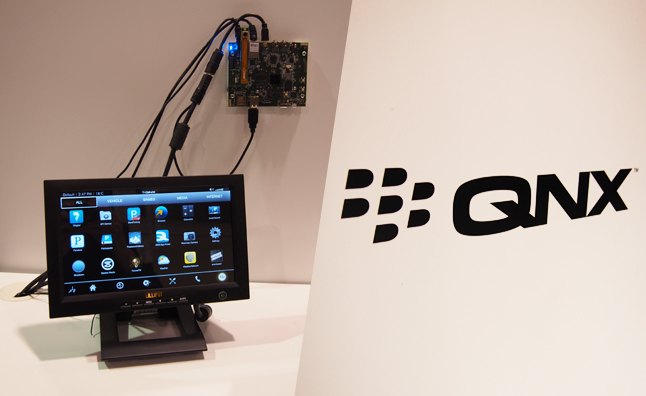


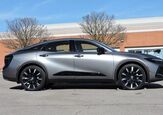
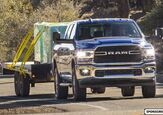














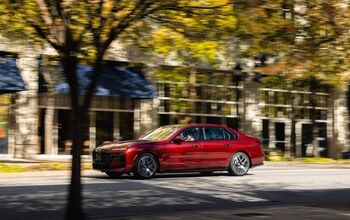
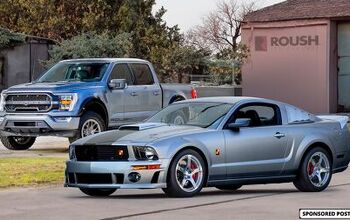


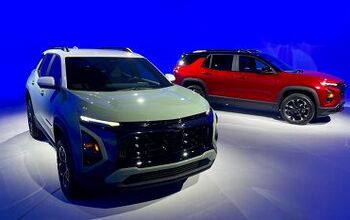
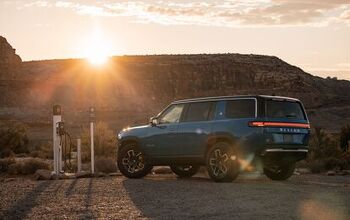
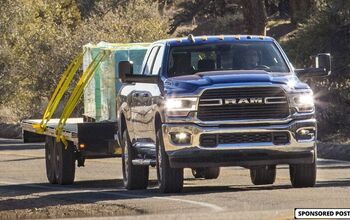


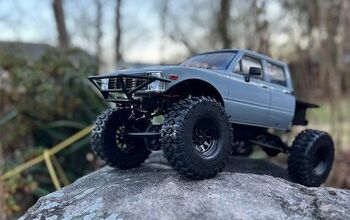
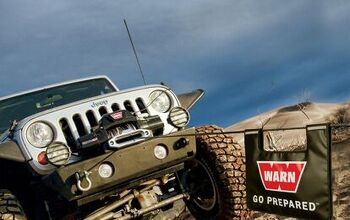
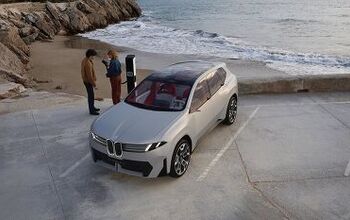
Comments
Join the conversation